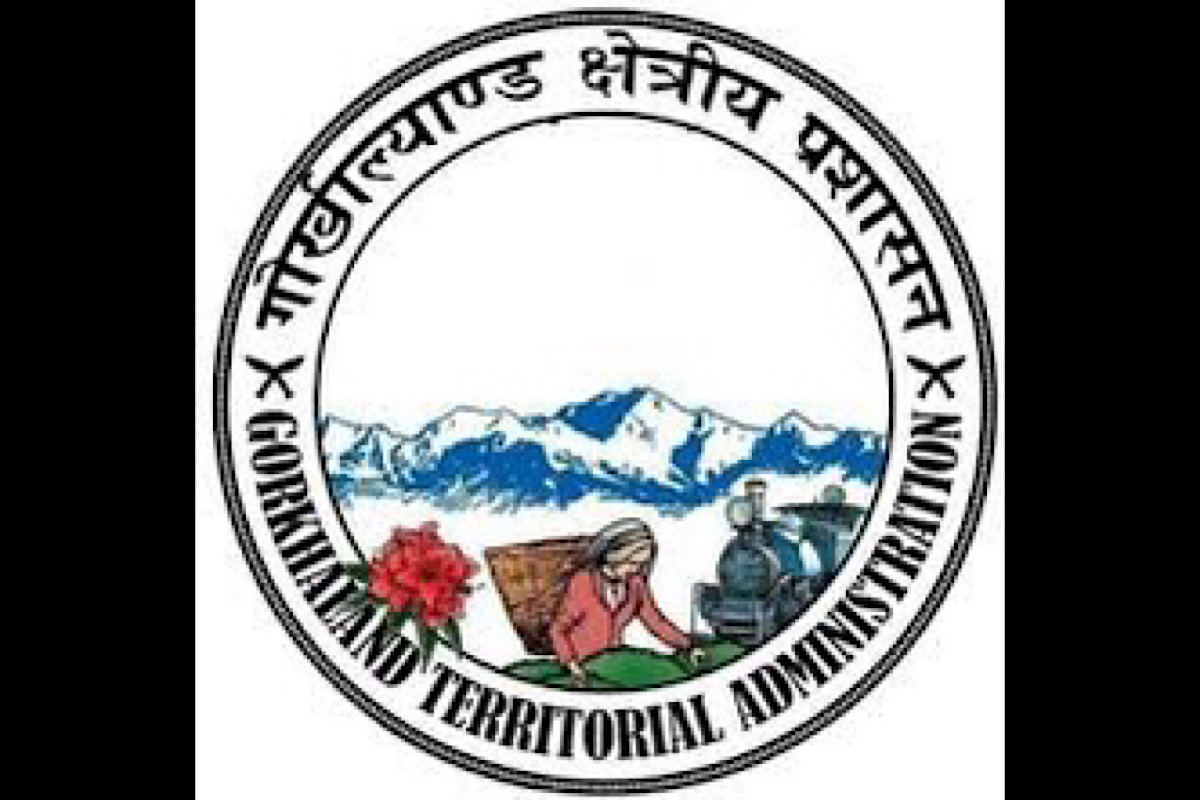The labour department has scheduled a tripartite meeting on 6 November in Kolkata to address the ongoing dispute over bonus for tea garden workers in the Darjeeling Hills and areas under the Gorkhaland Territorial Administration (GTA).
This meeting comes in response to growing unrest among tea workers, who have been protesting under the banner of over eight trade unions.
Advertisement
Previously, the labour department had advised tea garden owners to pay a 16 per cent bonus before Durga Puja, although workers and union leaders were demanding a 20 per cent bonus. While several tea estates paid the 16 per cent bonus within the state-mandated deadline, workers continued agitating, insisting on the additional 4 per cent. This led the state to convene the upcoming tripartite meeting, inviting both tea garden owners and union representatives.
In the midst of festival season, tea workers have intensified their campaign through various actions, including a signature drive. A group of workers at Long View Tea Estate has also staged a relay hunger strike that has lasted over 28 days, demanding the 20 per cent bonus after the estate’s closure due to a suspension-of-work notice issued by its management.
This year’s movement stands out from previous years, as it has unified trade unions across political lines. The joint platform includes unions backed by diverse parties, such as Anit Thapa’s Bharatiya Gorkha Prajatantrik Morcha (HTDPLU), the Trinamul Congress (TMCBSU), CPM (DDCKMU), CPRM (DTDCKMU), Bimal Gurung’s faction (DTDPLU), GNLF (HPWU), BJP-RSS-backed BCMS, and Ajay Edward’s Hamro Party (HHTDCSS). Notably, the newly registered Hill Plantations Employees Union (HPEU), which is active in the hills, has not joined the platform and has yet to be invited to the tripartite talks.
Samik Chakraborty, a senior leader associated with HPEU, explained the workers’ demand for a 20 per cent bonus by breaking down their monthly earnings. He noted that a worker, earning a daily wage of Rs 250, can make about Rs 6,500 a month by working 26 days. After deductions for provident fund and any “pro-rata” cuts for missed work or lower-than-target leaf collection, they often take home even less. Though workers can increase their earnings slightly through overtime during peak season or by picking extra leaves, even this comes at a reduced rate; while they’re entitled to an extra leaf price of Rs 15 per kilogram, they typically receive only Rs 4-5.
Given these limitations, the annual bonus plays a crucial role in supplementing their income. For many tea workers, who are predominantly Nepali along with some indigenous tribes, Rajbanshi, and a few Bengalis, the bonus is essential to celebrate festivals like Karam Puja, Dashain, and Tihar. It was a season of family gatherings, decorating homes, buying clothes and gifts, and fulfilling other social obligations. The bonus was their key to making these aspirations a reality; receiving it in full was often the only way they can truly celebrate. If it’s split, even their festive joy is rationed into installments.











